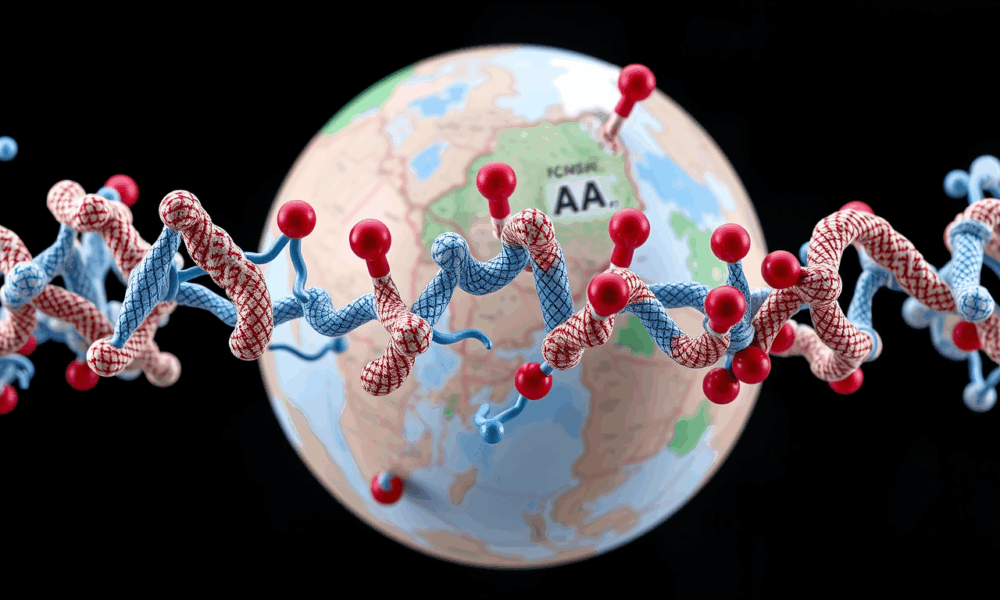
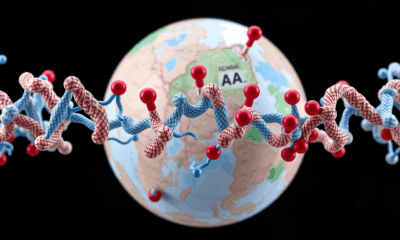

Taste, pain, or response to stress -- nearly all essential functions in the human body are regulated by molecular switches called G protein-coupled receptors (GPCRs). Researchers...
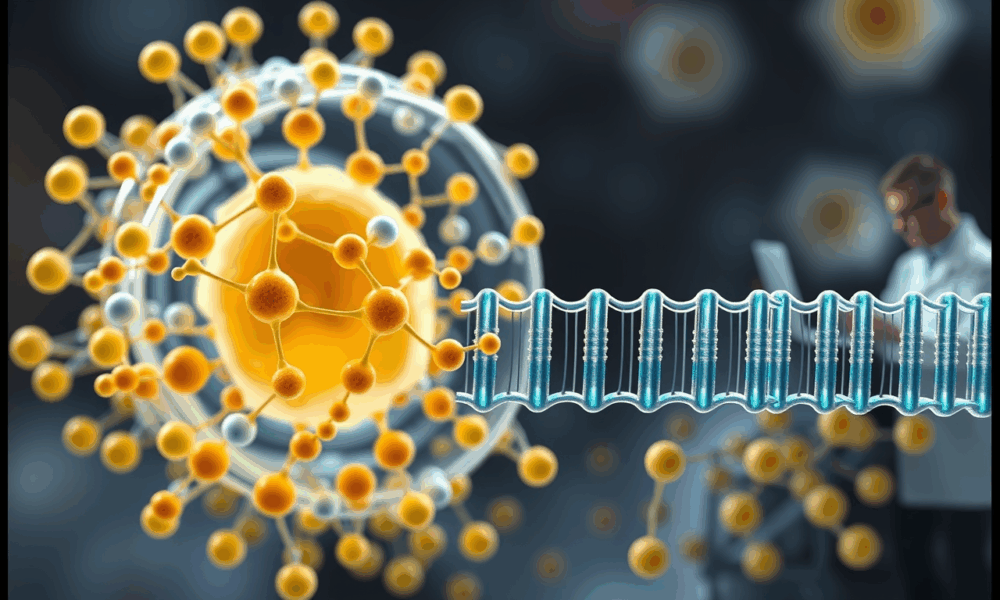
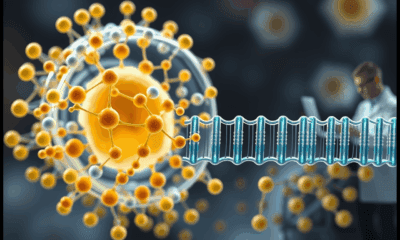

Sterols are among the most abundant lipids in eukaryotic cells, yet are synthesized through notoriously long, complex metabolic pathways. Researchers have used a novel approach to...
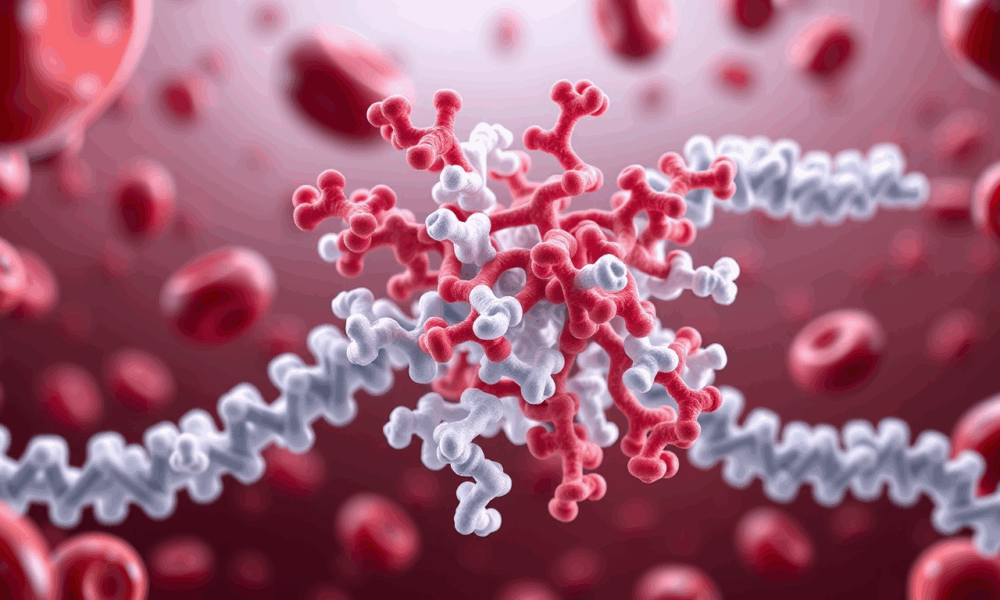
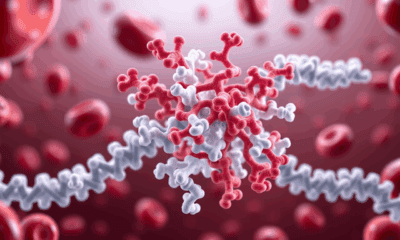

Scientists are aiming to determine the composition and topology of physiological Ashwell-Morell receptor ligands. Their findings will help uncover the receptor's still-hidden secrets.
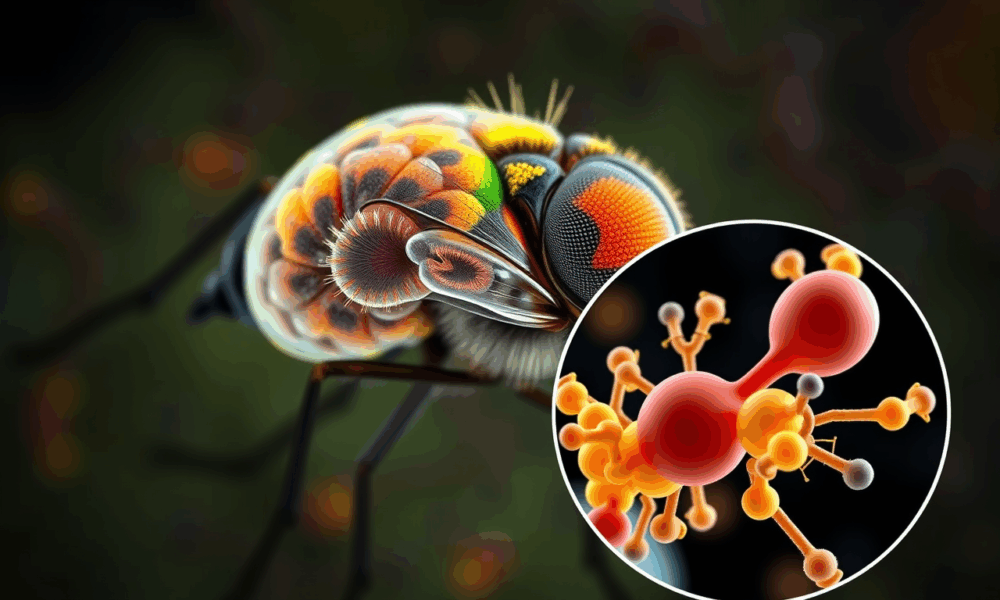
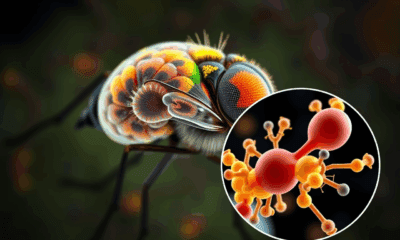

A scientist decided to find out why a bacterial infection makes fruit flies promiscuous. What he discovered could help curb mosquito-borne diseases and manage crop pests.
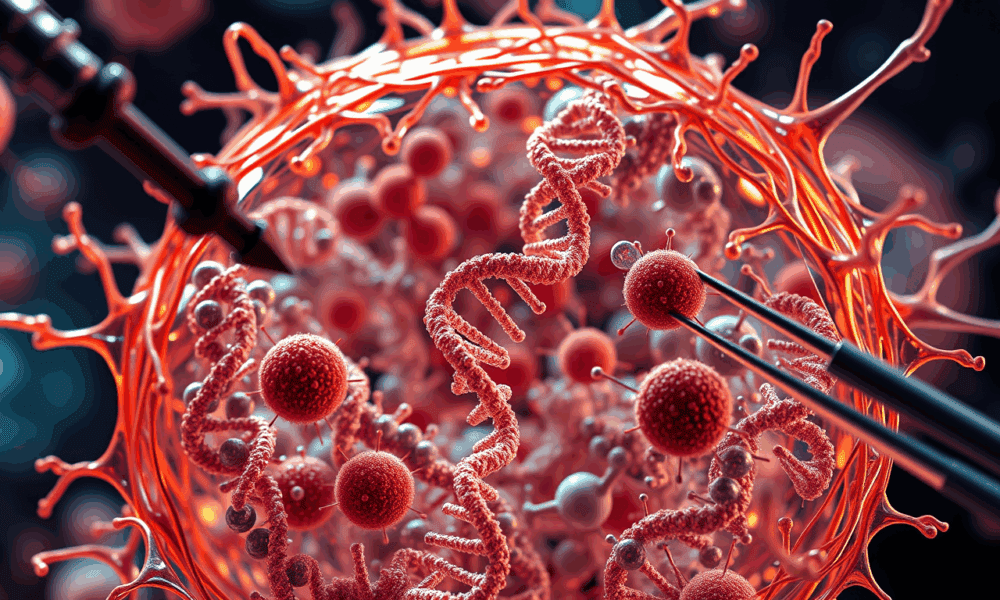
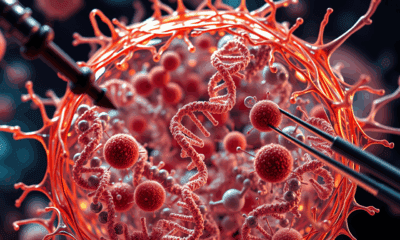

By creating a more true-to-life representation of DNA's environment, researchers have discovered that strand separation may take more mechanical force than the field previously believed.
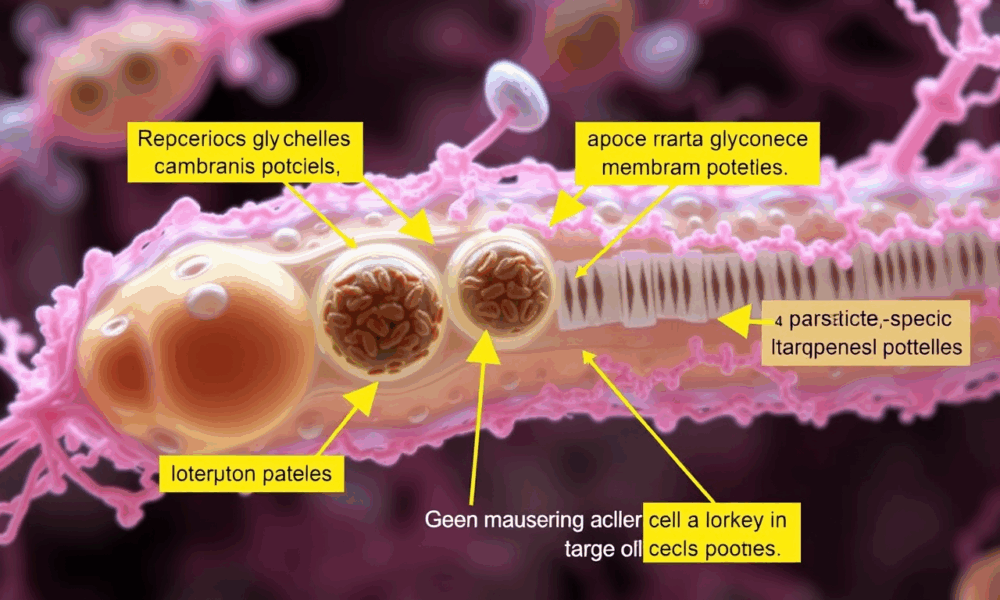
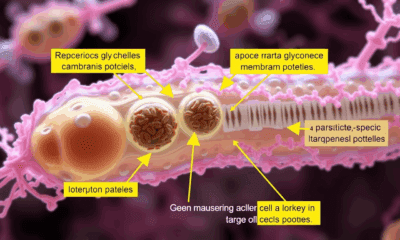

The efforts of a research team give hope for new treatment approaches for dangerous tropical diseases. The researchers have compiled a high-precision inventory of the membrane...
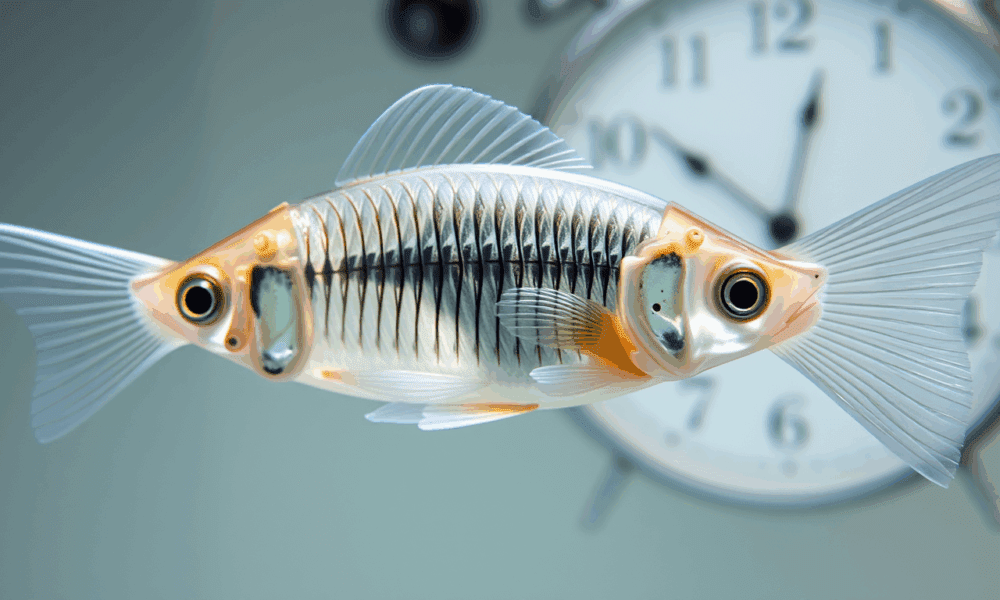
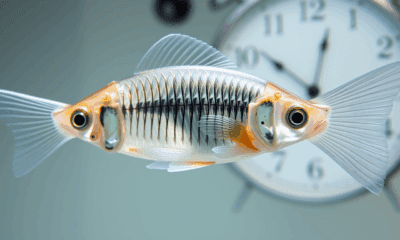

Muscle cells contain their own circadian clocks and disrupting them with shift work can have a profound impact on aging, according to new research.
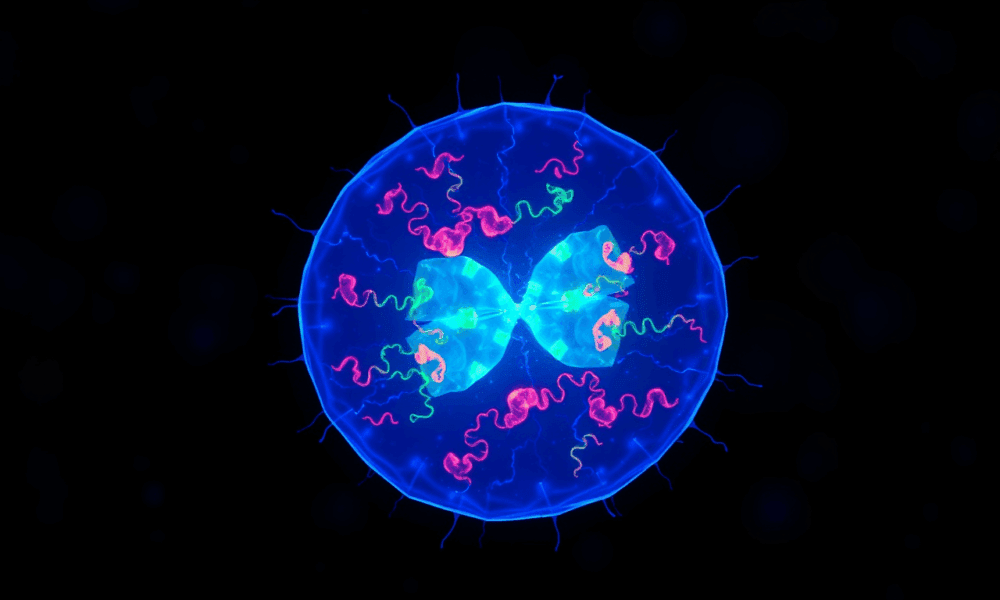
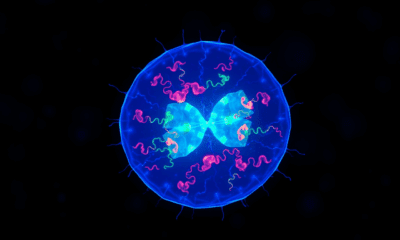

The Min protein system prevents abnormal cell division in bacteria, but is poorly understood. Researchers have uncovered how engineered e.coli bacteria control protein levels for maximum...
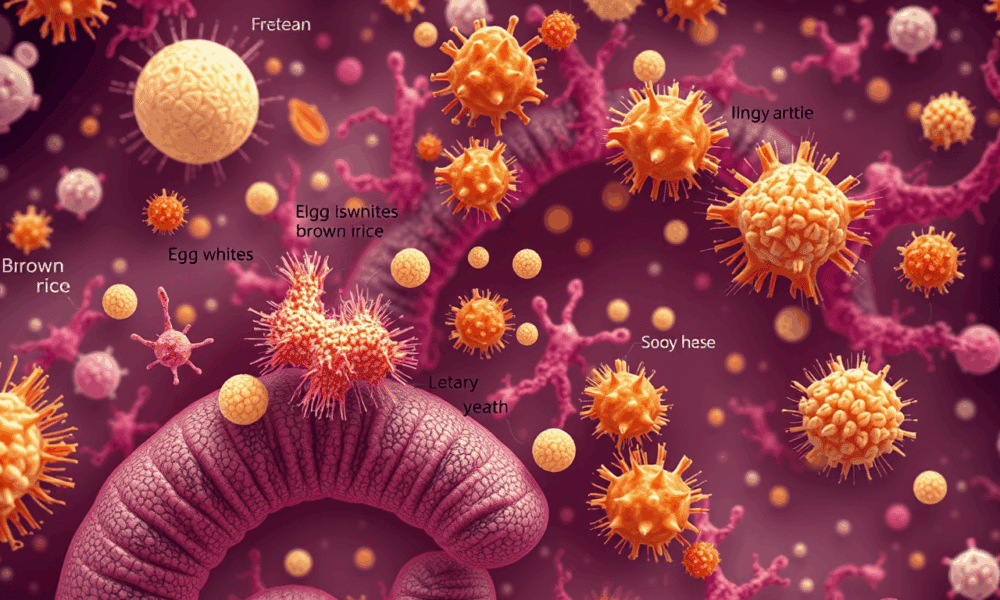
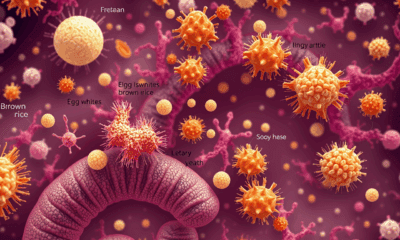

Protein sources appear to have major effects on both the population and function of the mouse gut microbiome.
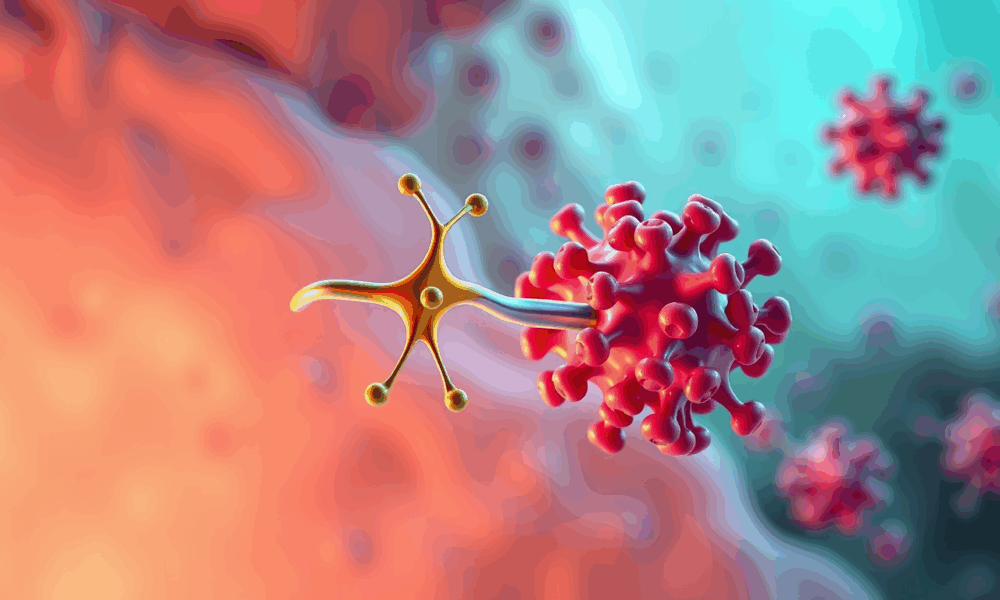
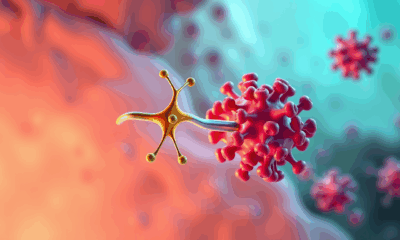

Scientists have discovered how chemokines and G protein-coupled receptors selectively bind each other to control how cells move.